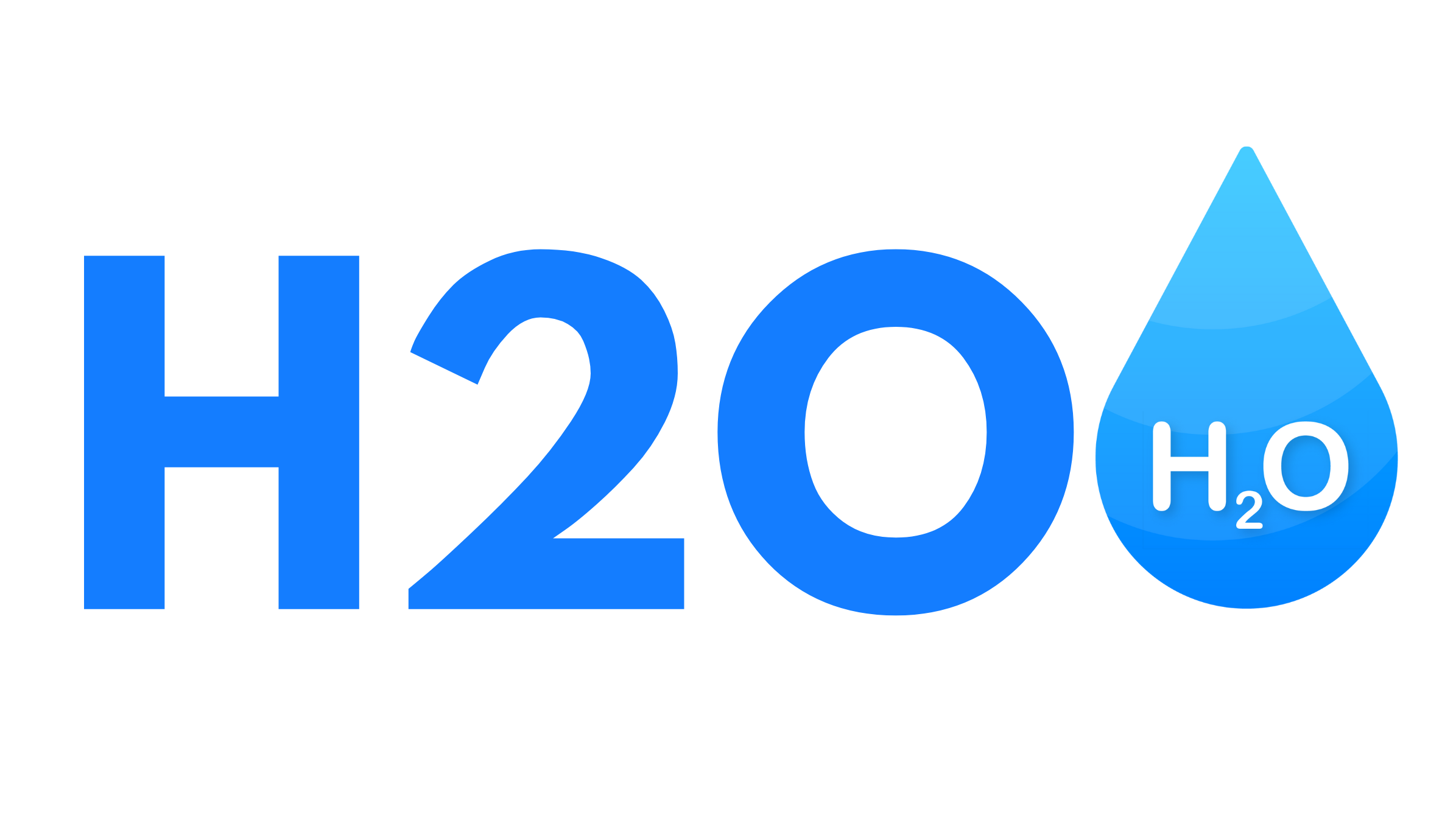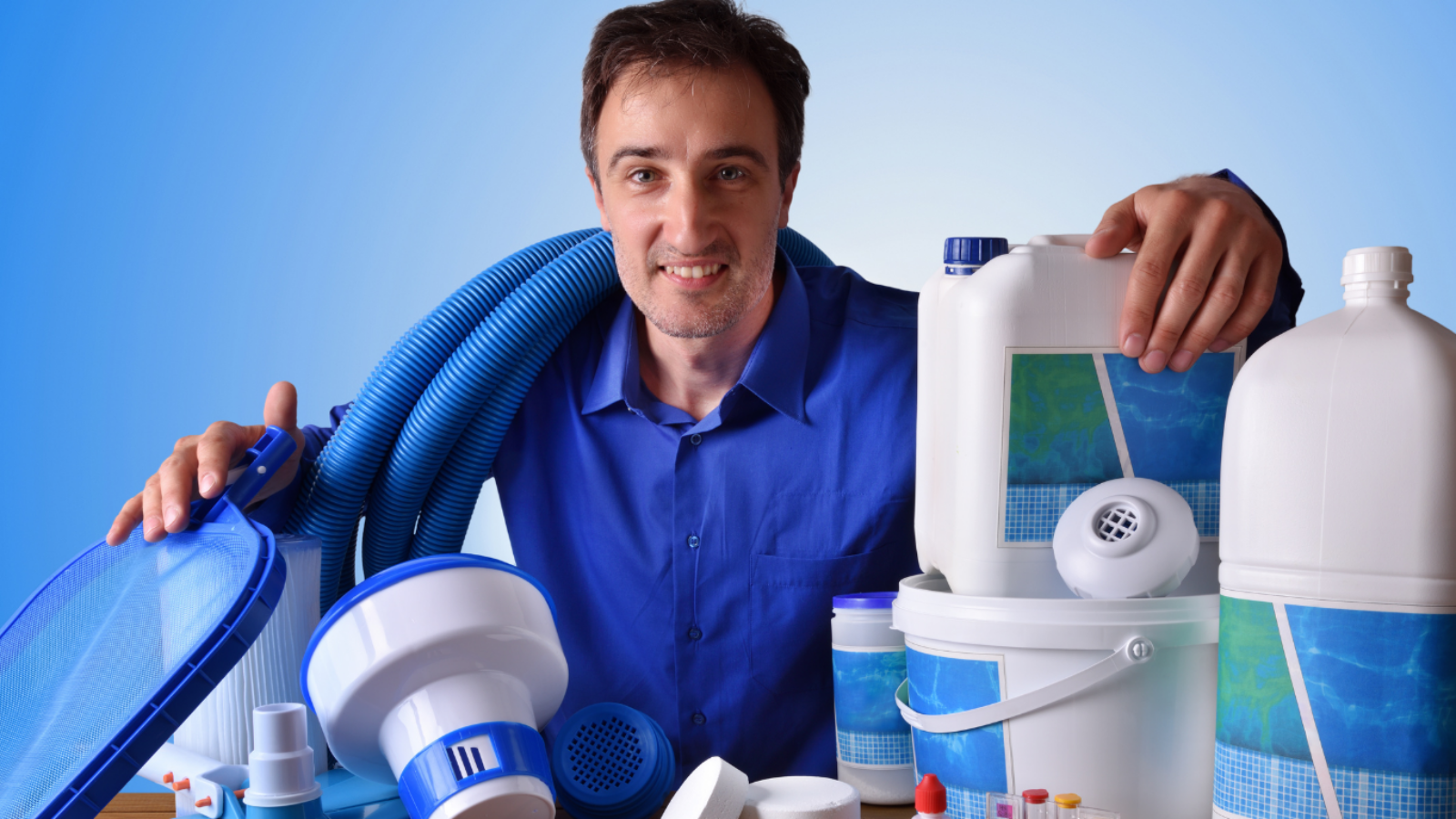Introduction: Maintaining proper chemical balance in your pool is essential for a safe, healthy, and enjoyable swimming experience. Chemicals play a vital role in keeping the water clean, sanitized, and balanced. In this blog post, we will discuss the importance of maintaining proper pool chemical balance and the key factors to consider.
- Sanitation and Water Quality: One of the primary reasons for maintaining proper chemical balance is to ensure effective sanitization of the pool water. Chemicals such as chlorine or bromine help kill harmful bacteria, viruses, and algae that can pose health risks to swimmers. Maintaining the right chemical balance helps to prevent the growth of these contaminants, ensuring the water remains clean and safe.
- pH Level: The pH level of your pool water measures its acidity or alkalinity. It is crucial to maintain the pH within the recommended range (typically between 7.4 and 7.6) for optimal water quality. A proper pH level enhances the effectiveness of sanitizers, prevents corrosion of pool equipment, and ensures swimmer comfort by preventing skin and eye irritation.
- Alkalinity: Alkalinity acts as a buffer for the pH level, helping to stabilize it. Proper alkalinity levels (usually between 80 and 120 parts per million) prevent rapid fluctuations in pH, which can make it difficult to maintain proper chemical balance. It also helps protect the pool surfaces from corrosion and staining.
- Calcium Hardness: Maintaining appropriate calcium hardness levels (generally between 200 and 400 parts per million) is crucial for the longevity of your pool. Insufficient calcium hardness can lead to corrosion of pool surfaces and equipment, while excessive hardness can cause scaling and cloudy water. Finding the right balance helps protect your pool investment and ensures clear, well-maintained water.
- Regular Testing and Adjustment: Regularly testing the chemical levels in your pool is essential. Use a reliable water testing kit or have your water professionally tested to determine the current chemical balance. Based on the results, adjust the chemical levels as necessary to bring them within the recommended range. This includes adding chlorine, pH increaser or reducer, alkalinity increaser or reducer, and calcium hardness adjuster, as needed.
- Seek Professional Advice: If you’re unsure about maintaining proper pool chemical balance, it’s recommended to consult with a pool professional or specialist. They can guide you on the ideal chemical levels for your specific pool and provide insights on maintaining balance effectively. They may also offer services for regular chemical testing and balancing, saving you time and effort.
Conclusion: Proper pool chemical balance is vital for water sanitation, clarity, and swimmer safety. By maintaining the appropriate levels of chlorine, pH, alkalinity, and calcium hardness, you ensure a clean, clear, and inviting pool environment. Regular testing, adjustment, and seeking professional guidance will help you achieve and maintain optimal chemical balance. Enjoy a safe and refreshing swimming experience with a well-balanced pool!




Leave A Comment